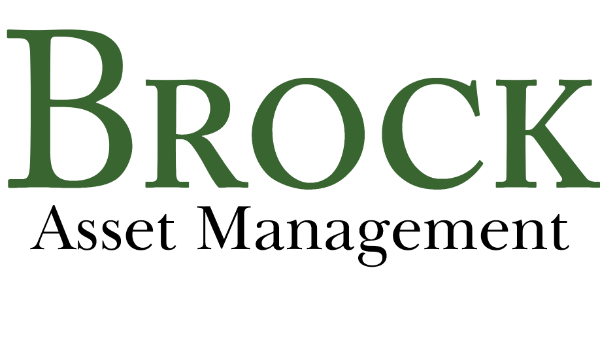Shopping for Home Insurance
Homeowners insurance provides coverage to repair or replace your home and its contents following damage caused by fire, smoke, water, theft, vandalism or a storm. Homeowners insurance also pays for medical and legal expenses if someone other than you or your family is injured on your property.
To purchase a standard homeowners insurance policy, start by looking for a firm that provides coverage in your area and has competitive rates and discounts. Also look for good reviews from customers as well as 24/7 assistance through company websites, live operators and local agents. Credit rating agencies such as A.M. Best tell you the financial strength of companies, which is important if you want a company still to be in business and able to pay when you have a claim. Check professional ratings and reviews that show how responsive a firm will be when processing claims.
Not all homeowners insurance companies provide coverage in all areas. Additionally, some may not offer the standard or specialized coverage that you want or need — for example, hurricane insurance in coastal areas. You may find that you’ll pay more due to the spike in claims caused by extreme weather or even be dropped by a company that is pulling out of high-risk areas.
some may not offer the standard or specialized coverage that you want or need — for example, hurricane insurance in coastal areas. You may find that you’ll pay more due to the spike in claims caused by extreme weather or even be dropped by a company that is pulling out of high-risk areas.
But sometimes there are other options for high-risk areas. For example, you may be eligible for coverage through the Federal Emergency Management Agency’s National Flood Insurance Program, which is sold through independent agents nationwide. Costs vary, depending on the risk factors of where you live. FEMA’s website includes an interactive flood map to help you determine your risk.
Run the numbers
To decide how much coverage you’ll need, calculate the cost of rebuilding your home. To get a rough idea of that cost, multiply the house’s square footage by the local building costs per square foot. If your house is 2,200 square feet and the local building costs average $80 per square foot, the cost to rebuild your home would be about $176,000. A local insurance agent, real estate agent or appraiser can help determine local building costs.
Factor in replacement costs for your belongings — furniture, clothing and possessions. You’ll have to consider the current price you would pay, not the original price. The Insurance Information Institute offers a lot of information about making an inventory of items in and outside the house, including what’s stored in the attic or garage.
For more expensive items, you’ll want to inventory when and where you purchased them. The better your documentation, the easier it will be to estimate replacement costs when you file a claim. Video each room of your home and remember to update your inventory periodically. Download apps to walk you through the process of storing your inventory remotely.
You’ll also have to decide what type of coverage to get:
- Actual cash value replaces your home, factoring in depreciation when calculating reimbursement amounts.
- Replacement cost value covers the cost of rebuilding your dwelling as it stands today.
- Modified replacement cost value is designed to cover older homes. Original features such as stained glass, ornate plasterwork or millwork will be replaced with modern materials, not restored to the original.
- Extended cost value provides a set percentage of coverage beyond your policy limit, usually from 20% to 25%, according to the institute.
- Guaranteed cost value doesn’t place a dollar limit on replacement costs but it also might not cover upgrades to meet current building codes.
Some coverages may apply only to the physical dwelling, not the items within it. Depending on the insurer and policy, you may need to purchase additional coverage for collectible or hard-to-replace possessions. Experts advise looking for a replacement cost value rather than a cash value policy; the former costs more but pays for actual costs to rebuild your home and replace its contents.
Some companies will offer discounts if you bundle your homeowners policy with auto insurance.
Read through your policy thoroughly or consult a professional for help and advice.
